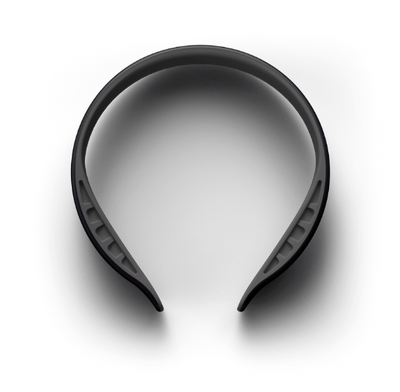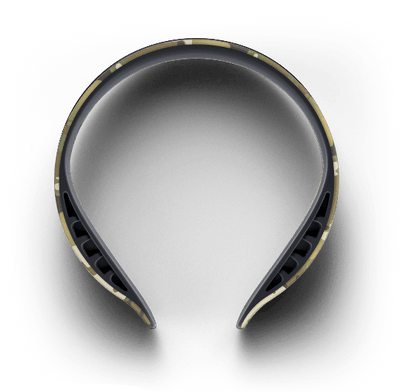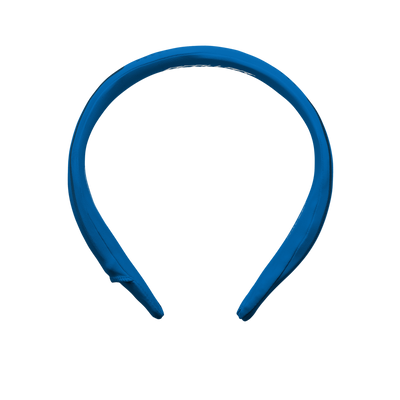SFC Jonathan Johnson is a recently retired Special Forces Medical Sergeant from the 5th Special Forces Group. He has over 20 years of experience leading combat, disaster relief, and medical operations across the world. He finished his decorated career as the Operations Sergeant for Special Warfare Medical Group (Airborne) in 2022.
SFC Johnson recently joined Q30 Innovations and is using his experience as a Special Forces Medic and brain injury survivor to reduce the stigmas and increase the awareness that surround brain injury protection and treatment.
Below, SFC Johnson opens up about his own experience with brain injury and stresses the importance of raising awareness and talking about the silent signals of this somewhat invisible injury.
As we reach the end of Brain Injury Awareness month, I can’t help but think back to where I was just a few short years ago. If I have learned anything from my experiences as both patient and provider, it is that the largest barrier to the treatment and prevention of brain injury is our reluctance to open up about our experiences and struggles. It’s an odd phenomenon to experience, and yet stranger to describe, how a moment in time can feel so close, while the person you were in that moment feels so far from the person you are now. I will, however, do my best to shed some insight into this and a few similar instances that I believe are integral to understanding the brain injury experience.
Right about now, I’d be nestled into my usual seat in front of the television in the hospital lobby just in time to catch the intro music to Jeopardy. I’d set my cross-stitch pattern down, look to my left, and ask *Josh if he had the $20 he owed me from last week. He’d apologize, tell me he thought he paid me yesterday, dig in his pocket, pull out a $20, and hand it over. We’d then go on to astonish random passers by as we blurted out the correct answers to every question just seconds after it was asked. (To be clear it was only on a few special occasions I’d beat him to the punch. As a rule, *Josh was miles ahead of me and more importantly he, unlike me, was always right.) When the show was over, I’d take that same $20 out of my pocket, hand it to *Josh, and swore tomorrow will be the day I finally beat him in our daily competition.
The darker side of this seemingly benign moment in time is that *Josh never owed me $20 - it was just a running joke that a mutual friend of ours had started a month before to make light of the hard reality that we had all lost our short-term memory. When you go from cross-border operations to cross-stitch patterns to improve your hand eye coordination, it’s hard not to adopt a darker sense of humor. On a happier note, weeks before I left that hospital lobby, *Josh was finally at a point where he rarely fell for my ritualistic recycling of the $20 bill.
With our background in the Special Operations community, it’s natural to assume that the events that brought us to that place, where a dark humor ritual turned into the cornerstone of our journey back to ourselves, were catastrophic, ending in an acute injury with un-ignorable symptoms. However, that couldn’t be further from the case. Instead, it was a prolonged series of small, subtle, repetitive sub-concussive events with ignorable, or at least concealable, symptoms that finally did us in.
The silent signals of brain injury are often so subtle they’re missed even by those of us experiencing them. In a feeble attempt to, once again, explain how this occurs, allow me to provide a look at the way one of these signals flickered across my dashboard before it became the steady glowing check engine light that I could no longer ignore.
I can’t tell you when it began, but somewhere between now and eight years ago I went from someone who insisted on providing a firm, traditional handshake with both friends and strangers alike, to offering “fist bumps,” and later transitioning to “forearm bumps,” which slowly grew to “bro hugs,” which then just became a blanket hug for every encounter regardless of how well I knew the recipient. At the time, I told myself that I was being less standoffish and that I was just assimilating to the more openly affectionate ways of those around me. While, like most lies we tell ourselves there was some truth to this, the harsh reality was that I was growing tired of the embarrassment caused by awkwardly grazing the top, bottom, or sides of others’ hands, or worse missing them completely.
This transition didn’t come over night, and admittedly there were times where my wife would find the strength, courage, and care to bring my clumsiness to my attention, but as I would continue to explain to her, “she was blowing things out of proportion.” After all, it’d been at least 15 years since I was knocked out by that moose in Vermont, and 10 years since the mid-air collision - neither of which took me out of operations for more than a week. Plus, if my hand eye coordination was off, did she really think they’d let me do all the things I do? I’d go on to tell her, and myself, that I was just tired, or I just really became a hugger after all the years of her positive influence.
Much like my inability to identify exactly when the symptoms began, the numerous providers and therapists that have helped me along the way were ill equipped to single out which specific head impact or vibration was the final straw that brought me down. Instead, one of the few things that they all agreed upon was that it was quantity, not severity, of impacts that played the greatest role.
This new perspective and understanding of another small piece to the puzzle that surrounds brain injury is key to what I love most about the Q-Collar and the protection that it can offer to so many people - from fellow civil servants, to athletes, and extreme sport enthusiasts. The way that it provides an additional nonintrusive layer of protection that targets the multitude of minor moments that threaten the safety of our mind is exciting enough on its own, but when you pair that with my own personal experiences it becomes a perfect storm of passion filling my sails as I continue my campaign to protect those who protect us.












